We often move through life trying to enjoy the world its pleasures, relationships, possessions, and experiences. But the Bhagavad Gita reveals that this very desire to enjoy is a symptom of our ignorance.
We think the world is meant for our pleasure. But the truth is:
The entire Prakriti (primordial matter or nature) is manifest for God’s delight. We, too, are created to share in His bliss and to serve Him with love.
There is only one enjoyer—God. Everything else, including us, is meant to be in His service. This is the essence of spiritual consciousness. If we don’t grasp this truth, we remain trapped in the cycle of birth and death.
As Shree Krishna states in the Bhagavad Gita 9.24:
अहं हि सर्वयज्ञानां भोक्ता च प्रभुरेव च |
न तु मामभिजानन्ति तत्त्वेनातश्च्यवन्ति ते ||
ahaṁ hi sarva-yajñānāṁ bhoktā cha prabhureva cha
na tu mām abhijānanti tattvenātaśh chyavanti te
"I am the enjoyer and the only Lord of all sacrifices. But those who fail to realise My divine nature must be reborn."
🎭 The Power of Words — Akbar and Birbal’s Story
Once, Emperor Akbar had a disturbing dream in which all his teeth fell out. He asked his ministers to interpret it. One said, “It means all your relatives will die before you.” Akbar was furious and had him imprisoned.
Later, Birbal gave the same interpretation—but in different words:
“Huzoor, this dream means you will live a long life and outlive all your relatives.”
Akbar was delighted and rewarded him.
The ministers protested: “But we said the same thing!”
Birbal smiled: “It’s all in the choice of words.”
Shree Krishna too chooses His words carefully. He doesn’t say, “You’ll be condemned to endless suffering.” Instead, He gently says, “You’ll be reborn.” Yet the implication is profound—repeated birth means repeated suffering.
Today it’s COVID. Tomorrow it could be Ebola. If we don’t realise the truth of who the real enjoyer is, we’ll keep returning to this world of Maya, again and again.
🔥 What Is Yajña?
Shree Krishna says:
“I am the enjoyer of all Yajña.”
But what exactly is a Yajña?
Many think it’s just a fire ritual, but the Gita expands its definition.
A Yajña is any austerity or sacrifice performed for a higher cause.
- A student studying for exams
- A parent raising children
- An athlete pushing their limits for a medal
These are all austerities, but when offered selflessly for a greater good or to God, they become Yajñas.
The peak performers—athletes, artists, scientists—perform incredible austerities for a goal. But when the goal is divine, it becomes sacred.
“Yajña” means: Whatever I do, I offer it to God. He is the enjoyer (भोक्ता/ bhoktā ), not the reverse.”
🧠 When Overthinking Misses the Essence
Even brilliant minds can sometimes overcomplicate what only requires a simple shift.
A group of people once dined at a restaurant and noticed that salt was in the pepper shaker, and vice versa. Both were full. They brainstormed an elaborate way to exchange the contents—napkins, saucers, and precision.
Just then, the waiter approached, quietly removed the lids, and swapped them.
Sometimes, the deepest transformations require only a subtle shift.
Likewise, shifting from the bhogi (भोगी) mindset to the sevak (सेवक) mindset is small in thought, but monumental in impact.
🧘 Kapil Ji’s Sankhya Philosophy: The Root of Suffering
Maharshi Kapil, in his Sankhya Darshan, explains why suffering exists:
The Purush (soul) tries to enjoy Prakriti (material nature), and that desire leads to pain.
This aligns with Buddhist philosophy, too:
- There is suffering.
- Suffering has a cause—desire.
- Eliminate desire, and suffering ends.
Kapil calls this Purush-Prakriti Vaad: when the soul abandons the “I am the enjoyer” mindset, liberation begins.
🌍 Creation as a Cosmic Temple
This truth isn’t just philosophical—it is deeply embedded in the very fabric of the universe.
As the Padma Purana proclaims:
दशभूतमिदं तस्य जगत् स्थावर-जङ्गमम्।
श्रीमन् नारायणः स्वामी जगतां प्रभुरेश्वरः॥
daśabhūtam idaṁ tasya jagat sthāvara-jaṅgamam |
śrīman nārāyaṇaḥ svāmī jagatāṁ prabhureśvaraḥ ||
“Everything—moving or unmoving—is God’s servant. He alone is the Lord.”
So the sun, moon, stars, rivers, humans, devatas—all exist to serve God. When we accept that we are not masters, but servants, we awaken into spiritual consciousness.
♻️ The Cycle of Rebirth
If we fail to realise this, we keep returning to this material world:
पुनरपि जननं पुनरपि मरणं पुनरपि जननी जठरे शयनम्।
punarapi jananaṁ punarapi maraṇaṁ punarapi jananī jaṭhare śayanam |
"Again birth, again death, again lying in the womb..." – Bhaja Govindam, Adi Shankaracharya
"Again birth, again death, again lying in the womb..." – Bhaja Govindam, Adi Shankaracharya
Imagine being asked to do a headstand for five minutes—you’d panic! But in the womb, we lie upside down for months, and we’ll keep returning there again and again until we realise:
God is the enjoyer, not I.
That is the end of bhogi consciousness. That is the beginning of devotional service consciousness (seva bhav).
💡 The One Mistake We All Make…
Even in our devotion, this subtle flaw remains:
We still try to enjoy.
“I want to enjoy kirtan... I want peace through meditation... I want joy from seva...”
But true Bhakti is not about enjoyment—it’s about giving joy to God.
Even my sadhana is not for me. It is for His pleasure.
That is why Seva is the very essence of spirituality.
Without seva bhav, we may perform rituals—but miss the deeper purpose of Gita 9.24.
🕊 A Gentle Practice: Turning Thoughts into Offerings
Here is a simple spiritual practice you can begin today:
Whenever you find a quiet moment—perhaps between tasks, during a walk, or even amid stress— just pause and reflect:
“Would this thought give joy to God?”
“If God is seated within me, does this thought honour His presence?”
This one inner inquiry can transform the direction of your mind.
Gradually, you will find yourself choosing thoughts that are noble, sublime, and selfless—not because of guilt or discipline, but because:
You begin to feel God within you.
And intuitively, you’ll want to make your inner world a pleasing offering to Him.
God does not delight in negativity. He rejoices in purity, love, and uplifted thoughts.
When even your mind becomes a Yajña, your life becomes a sacred offering.
🔚 Final Reflection
The one realisation that transforms everything:
God is the enjoyer. I am the servant.
It is a tiny shift in understanding, but the result is a spiritual revolution.
Ponder this verse deeply. Let it reshape your sadhana, your mindset, your seva.
And when that shift becomes your reality…
You’ll stop returning to this world.
🧘♀️ Your Turn: Begin Today
✨ Try this for the next few days:
Before any action, pause and ask —
“Is this for Him?”
Observe how your thoughts, actions, and emotions begin to align with seva bhav instead of self-enjoyment.
That is the shift from Bhogi to Bhakt.
That is the heart of spiritual life.
That is the heart of spiritual life.

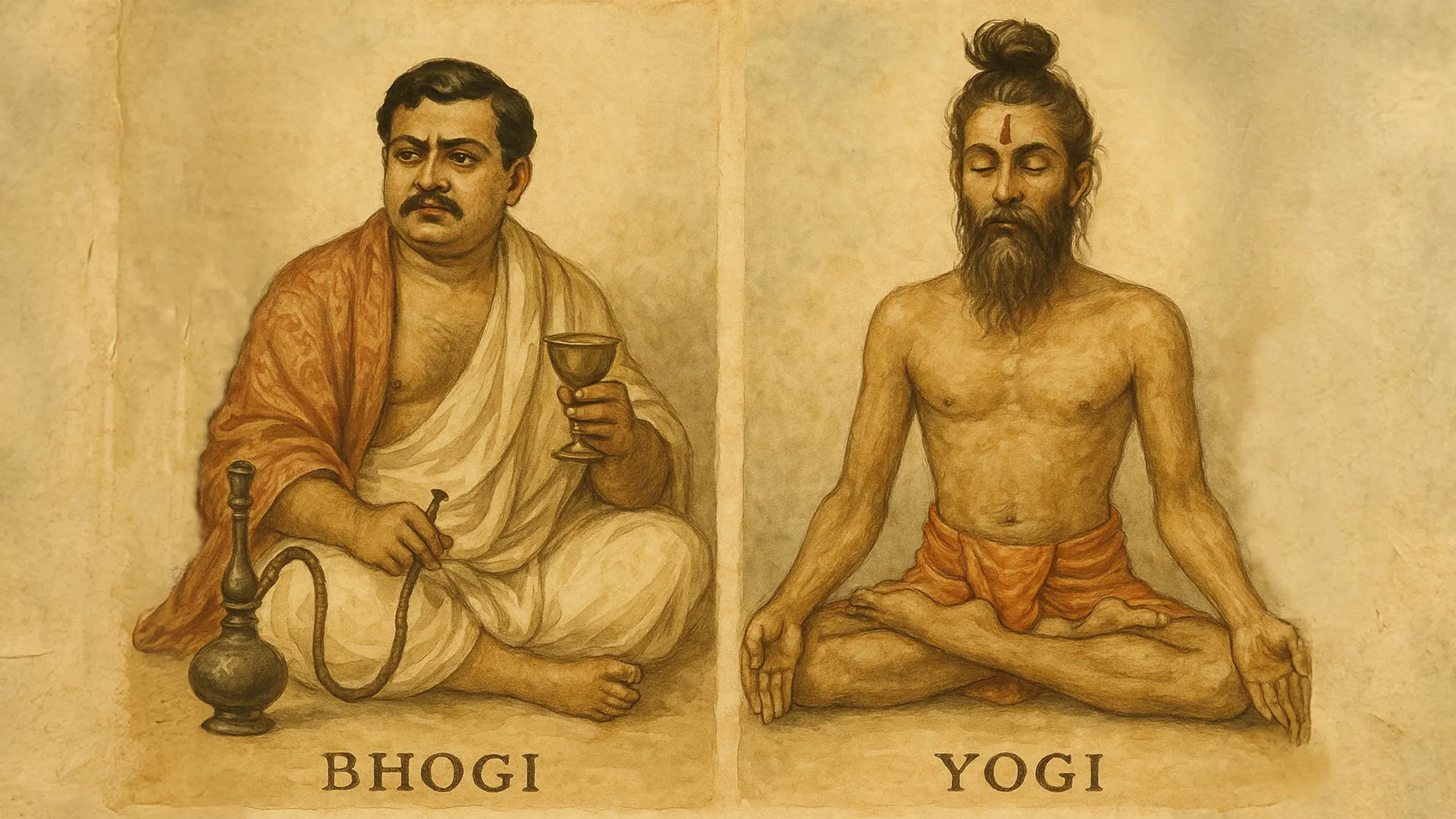

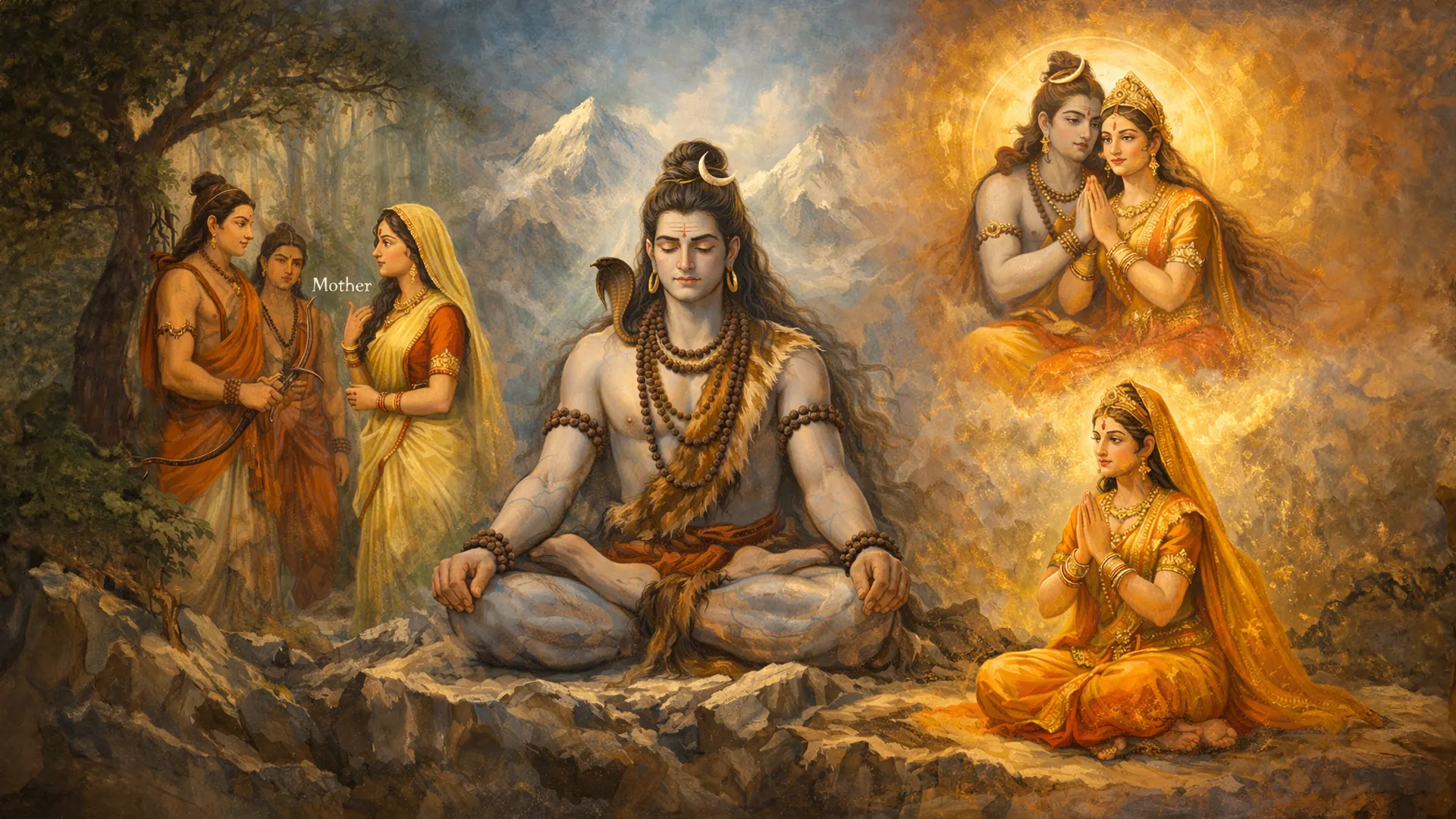
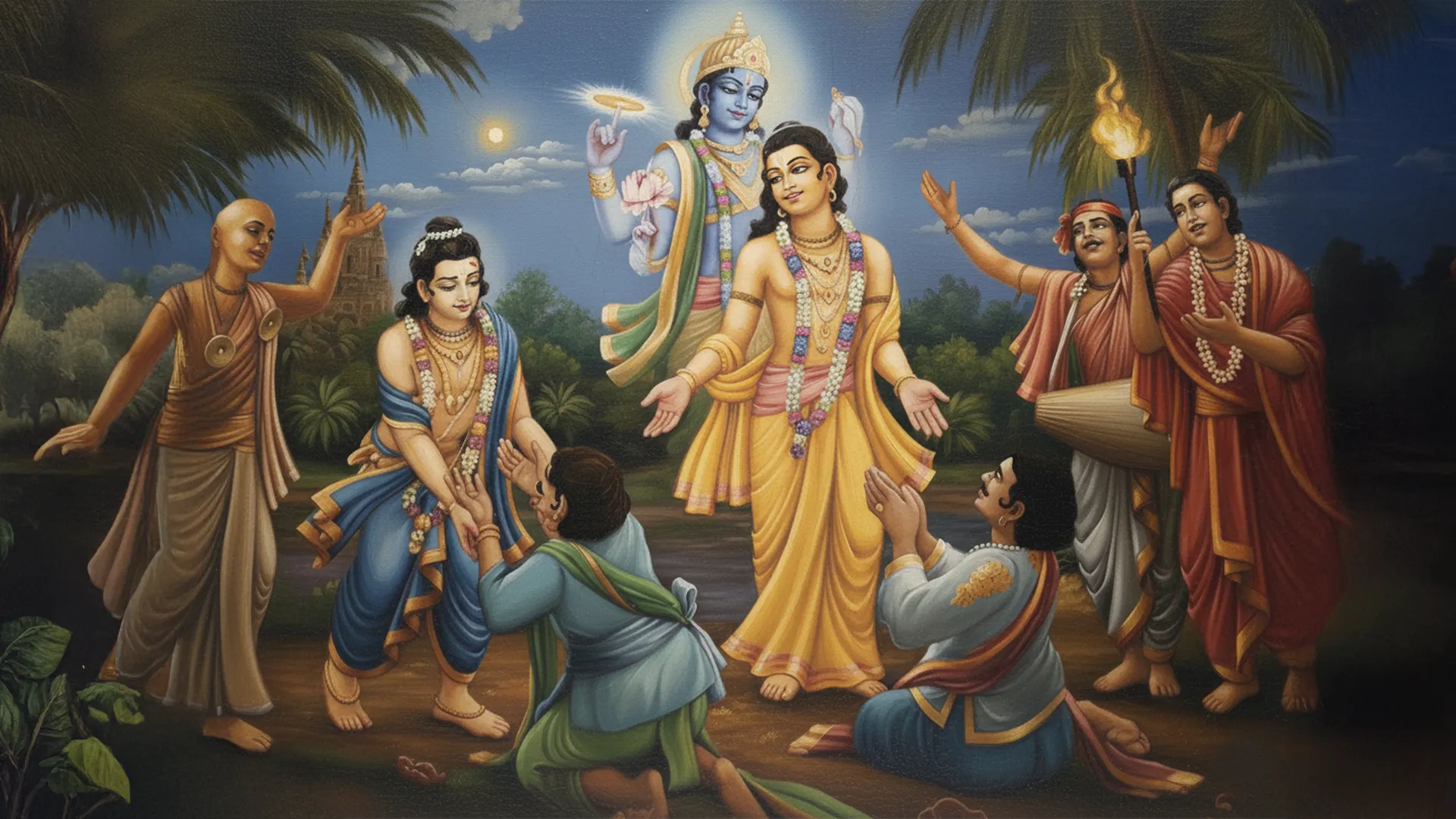
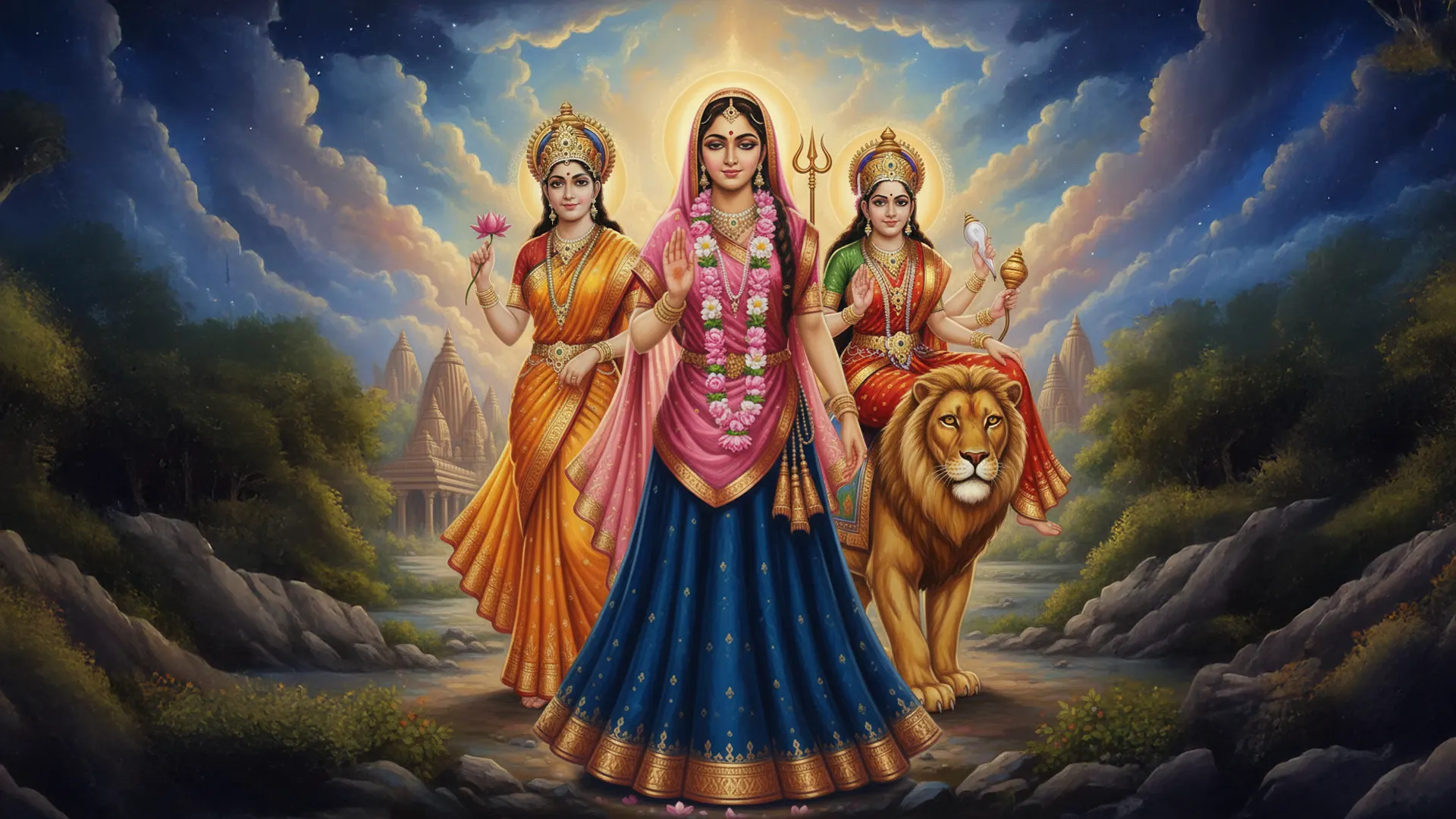
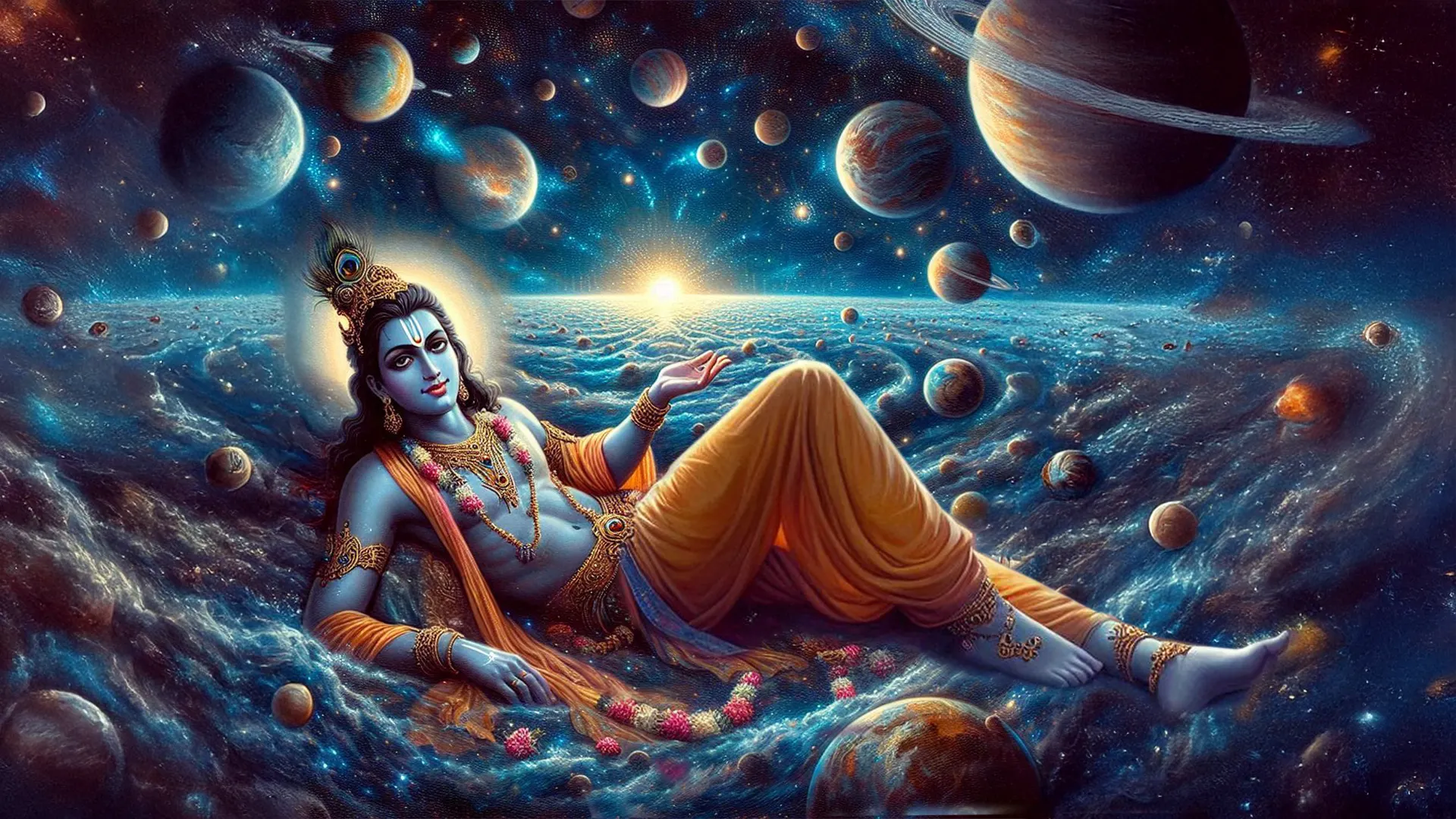
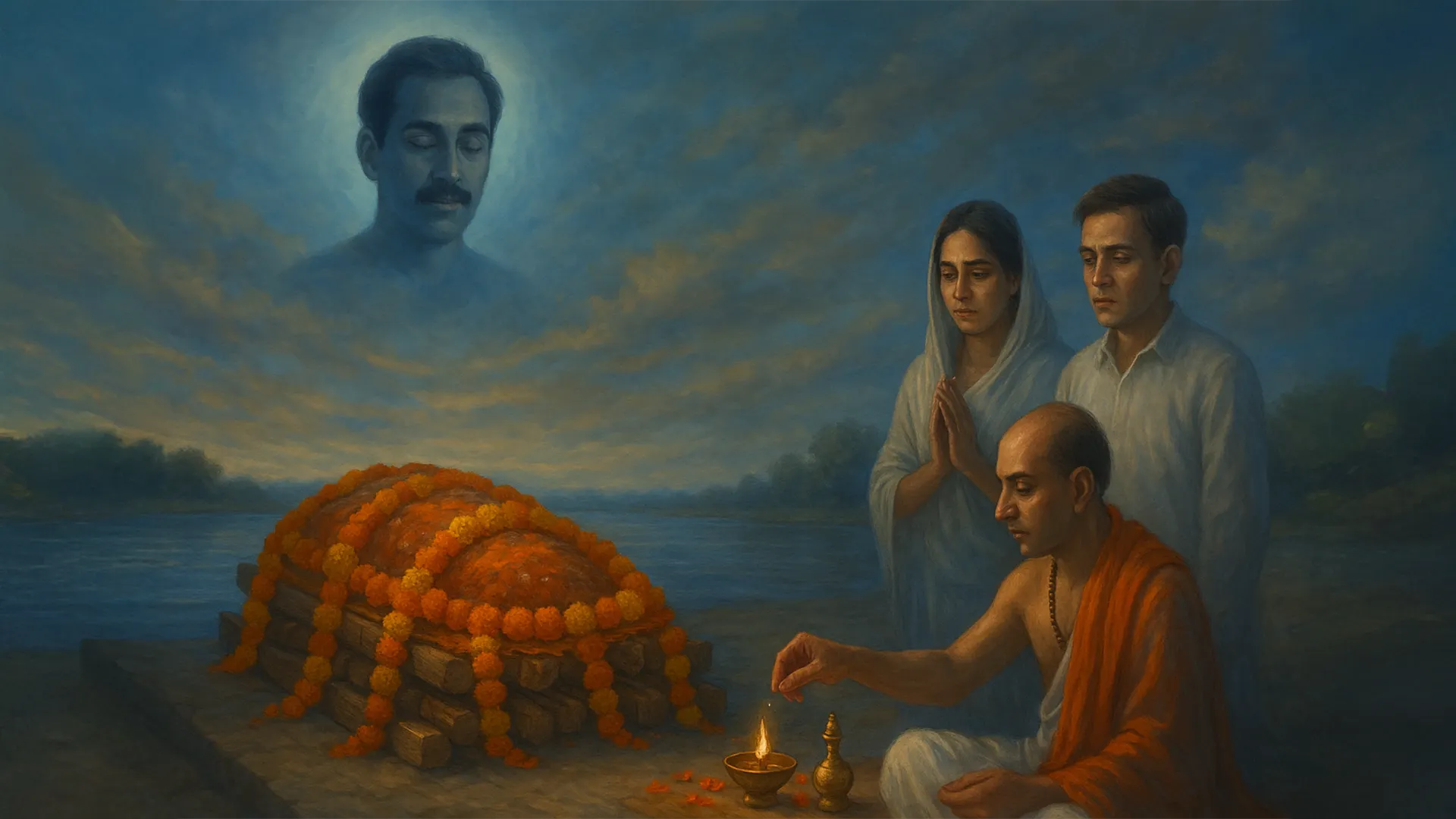
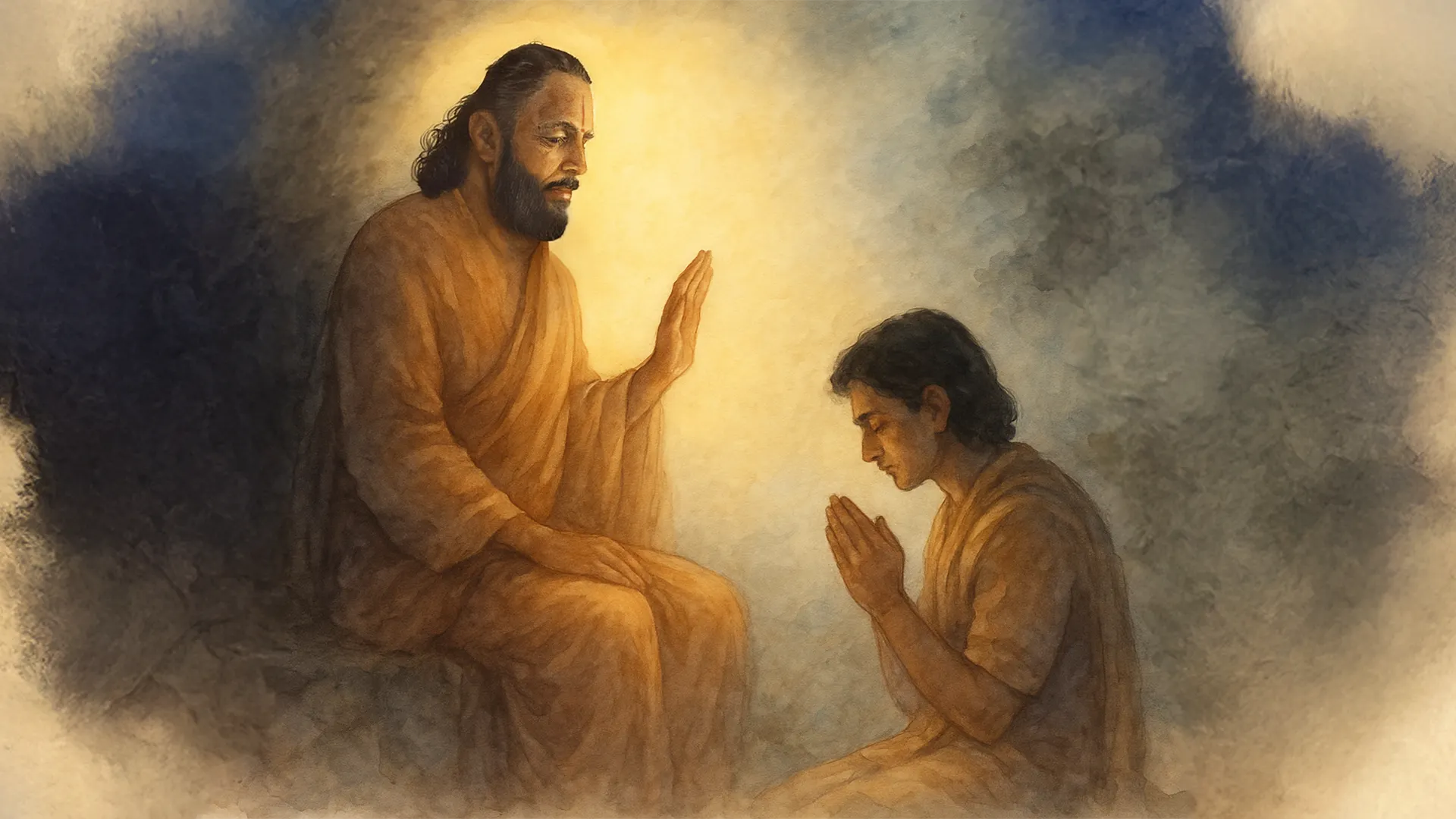
What our Participants say